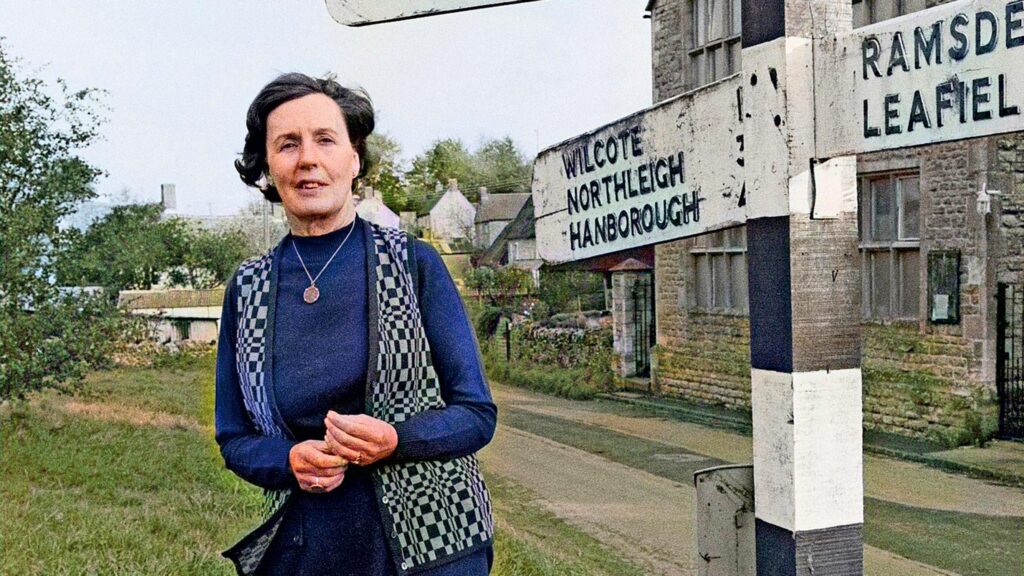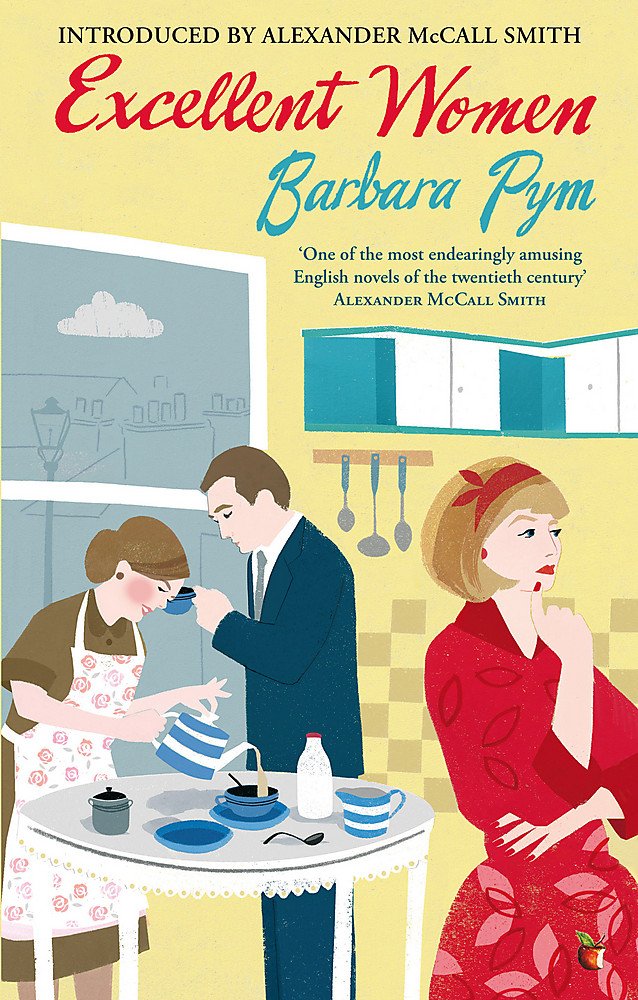
Most of us live ordinary lives making the best of time and circumstance. We do our best. We sometimes fail. We deal with whatever the days of work bring. We dream. We hope. We cry. We wonder about roads not taken. We (mostly) do our best. We look forward to holidays and try to keep in touch with friends. We wonder what this Autumn will have in store for us.
These days and weeks of Covid have changed us all and we are working through where our lives are – what has been lost and even gained. As we move out of the holiday period as many schools go back to work I renewed my connection with Barbara Pym and re read (though I cannot remember much of the first encounter ) her novel Quartet in Autumn.
Set in London in the 1970s, Edwin, Norman, Letty and Marcia work in the same office and suffer the same problem. It is loneliness – a lack of relationship, of a sense of belonging, or being loved and being listened to. Pym charts with consummate skill their day-to-day existence. The pages take us into the mundane, the ordinariness, the preoccupations, prejudices and insecurities that shape all our lives.
Written decades ago in the world of post war Britain that is moving and changing, and these characters perhaps share something that perhaps all of us have felt from time to time – that somehow in all of the life out there we are missing out. Our lives, ordinary lives are mundane and even boring! We think we might want something else but how might we discover a better geography for our flourishing?
In and through these 24 chapters Pym shows us how to narrate life. there is a skill in her mastery of description. The humour can be black but it is also resilient in its optimism.
The Anglican church stands at the heart of these people’s lives. There is a delight in tiny little things, in the ordinary and above all in the mundane. In this sense the skill of the novelist is to transform the ordinary into the extraordinary.
Excellent Women is as much about men as it is about women – so consider this as Letty reflects : “I always feel that one ought to give men the opportunity for self-sacrifice; their natures are so much less noble than ours.” And on unrequited love we hear this articulated, “I realised that one might love him secretly with no hope of encouragement, which can be very enjoyable for the young or inexperienced.”
Turning to domestic life we learn that “The burden of keeping three people in toilet paper seemed to me rather a heavy one.” And on bedside reading, “I stretched out my hand towards the little bookshelf where I kept cookery and devotional books, the most comfortable bedside reading.”
The world is perhaps one of unfulfilled longings and a certain drabness. The characters seem to have all known better days in one way or another: they come from a vicarage background but are now in shared accommodation. The novel is dated and todays London is infinitely more diverse and dangerous but it is still evocative. I think that Pyms skill is to take us into our own aspirations and contradictions. She invites us, through her readers into our own insecurities and aspirations. Not one of us would like things to be just a little better !
Engaging, real, fluent, beguiling. I am glad to renew my connection with Pym and will look for more. Try it ….
